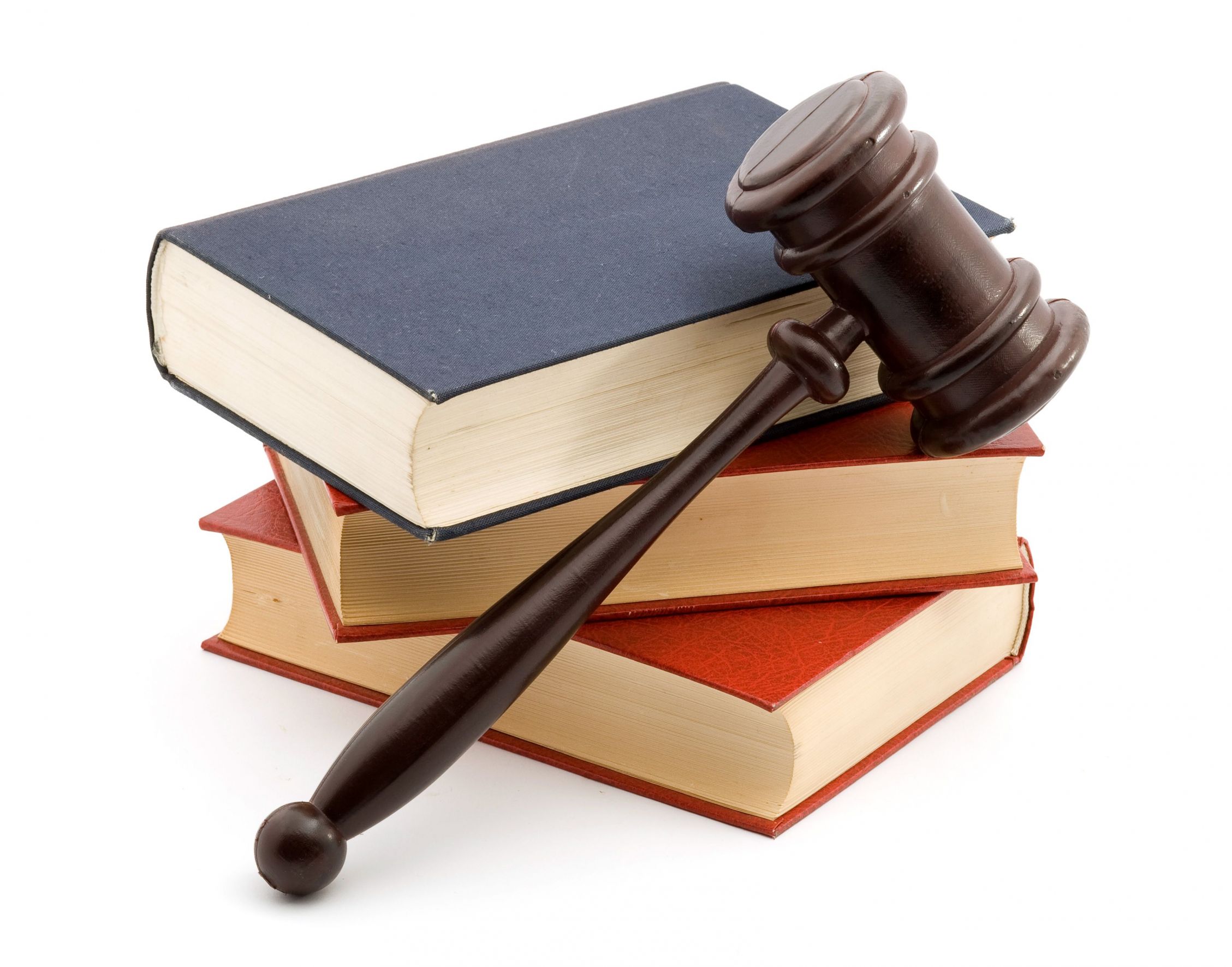When someone passes away, their estate typically goes through a legal process known as probate. In most cases, this involves validating the will, paying off debts, and distributing assets according to the deceased’s wishes. But not all probate proceedings are smooth. Sometimes, disagreements arise between beneficiaries, executors, or other interested parties, and that’s when probate litigation comes into play.
So, what exactly is probate litigation? And how does it differ from a standard probate case? In this post, we’ll explore the distinctions and explain when working with a probate litigation attorney may be the right move.
What Is Standard Probate?
Standard probate is a legal process used to settle a deceased person’s estate. This includes:
• Proving the validity of the will (if one exists)
• Appointing an executor or administrator
• Identifying and valuing assets
• Paying taxes and debts
• Distributing assets to heirs or beneficiaries
In many cases, this process unfolds without conflict. The will is accepted, the executor fulfills their duties, and assets are distributed without dispute. While probate can still take time and involve court oversight, it generally proceeds in a straightforward manner.
What Is Probate Litigation?
Probate litigation occurs when there is a legal dispute during the probate process. These conflicts may involve the will itself, the conduct of the executor, or disagreements between beneficiaries. Probate litigation is more adversarial than standard probate and often requires court intervention to resolve contested issues.
A probate litigation attorney plays a central role in representing clients in these disputes—whether they’re beneficiaries challenging a will, executors defending their actions, or heirs seeking clarity on how the estate is being managed.
Common Scenarios That Lead to Probate Litigation
Disputes can arise in a variety of situations. Some of the most common include:
1. Will Contests
Family members may question the legitimacy of the will, alleging that the deceased lacked mental capacity, was under undue influence, or that the will wasn’t properly executed.
2. Breach of Fiduciary Duty
An executor or trustee is expected to manage the estate in good faith. If someone believes that the estate is being mismanaged or that the fiduciary is acting in self-interest, they may file a claim.
3. Disagreements Among Heirs or Beneficiaries
When multiple parties are entitled to inheritance, misunderstandings about asset division, sentimental items, or final wishes can lead to conflict.
4. Disputes Over Trusts
Sometimes, a trust created by the deceased becomes a point of contention. This can include challenges to amendments, distributions, or trustee conduct.
5. Claims from Omitted or Disinherited Family Members
When someone believes they were wrongly excluded or left out of a will or trust, litigation may follow.
In any of these scenarios, a probate litigation law firm can assess the situation, gather supporting documentation, and represent the client’s interests in court or mediation.
How Probate Litigation Differs from Standard Probate
While both processes are related to settling an estate, the differences between standard probate and probate litigation are significant:
|
Feature |
Standard Probate |
Probate Litigation |
|
Nature of the Process |
Administrative and procedural |
Adversarial and court-driven |
|
Time Required |
Typically 6–12 months |
Can extend for years depending on case |
|
Court Involvement |
Minimal once will is accepted |
Extensive, including hearings and trials |
|
Legal Representation |
May not always be necessary |
Usually requires a litigation attorney |
|
Emotional Strain |
Often low conflict |
Can involve intense family disputes |
Probate litigation is typically more complex and emotionally charged. It demands careful documentation, strategic planning, and a deep understanding of estate law—making the choice of representation critical.
When to Consider Hiring a Probate Litigation Attorney
If you’re involved in an estate where any of the following apply, it may be time to consult with a probate litigation attorney:
• You believe a will or trust is fraudulent or invalid
• The executor is refusing to disclose information or release inheritances
• You suspect undue influence or coercion
• You’ve been unexpectedly disinherited or omitted
• The estate administration is stalled due to conflicts
In these cases, it’s important to protect your rights and ensure the estate is settled fairly and lawfully. A seasoned attorney from a reputable probate litigation law firm can help you navigate these challenges.
Need a trusted partner to support you through the probate litigation process? Hamud Law Group offers knowledgeable and compassionate representation in complex probate and trust disputes.
Final Thoughts
While most probate cases go through the court system without issue, not all estates are free from conflict. Understanding the difference between standard probate and probate litigation can help you prepare for what lies ahead, especially if you anticipate disagreements over a will, trust, or estate administration.
By working with a skilled probate litigation law firm, you can address disputes head-on and work toward a resolution that honors your rights and your loved one’s legacy.


